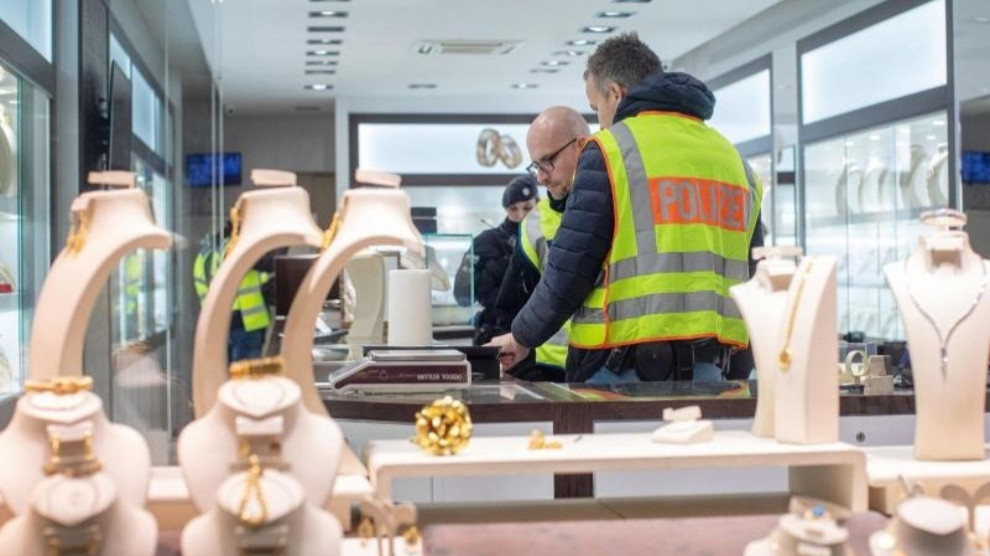German raids on illegal transfer of money to Turkey
German authorities ordered a raid on an organised international network suspected of illegally transferring millions of euros to Turkey
German authorities ordered a raid on an organised international network suspected of illegally transferring millions of euros to Turkey

The German police carried out raids under the orders of the Düsseldorf Prosecutor's Office.
German police raided 62 houses and companies. The operation was carried out in North Rhine-Westphalia, Baden-Württemberg, Hesse, Hamburg and Berlin.
The authorities confirmed the raid was on an organised international network suspected of illegally transferring millions of euros to Turkey.
Police searched about 60 apartments and offices in Tuesday' raids across Germany. Officers say 27 people are suspected of being involved in the scheme; six arrest warrants have been issued.
It is unclear whether the money being transferred was from illegal sources, as in many cases, the "hawala" system is simply used by migrants who want to send money back to their country of origin. Police said this system was particularly sophisticated.
The raids took place mostly at jewelers, precious metal companies and private apartments and involved some 850 officers.
Police believe that the primary suspects come from the western city of Duisburg and worked in the precious metals trade.
Investigators estimate that money transferred through the network reached up to €1 million ($1.11 million) each day and over €200 million in total.
The new sanctions introduced by the US target a number of businesses that have helped ISIS produce or move currency. These companies have "materially assisted, sponsored or provided financial, material or technological support for, or goods or services to, ISIS", according to a September 10 US Treasury announcement.
What is the Hawala system
"Hawala" means "transfer" in Arabic and is a system which originated in India and the Middle East, where they were used for centuries. China also has developed a similar system.
People using this system deposit money into the bank account of a network participator, or hawaladar, in one country. Then, another operator withdraws the equivalent amount of money elsewhere and delivers it to the intended recipient. They are popular among import/export businesses.
Hawala activities are illegal under Germany's Payment Services Oversight Act (ZAG), which specifies that it is forbidden to offer services similar to those of a bank without a banking license.